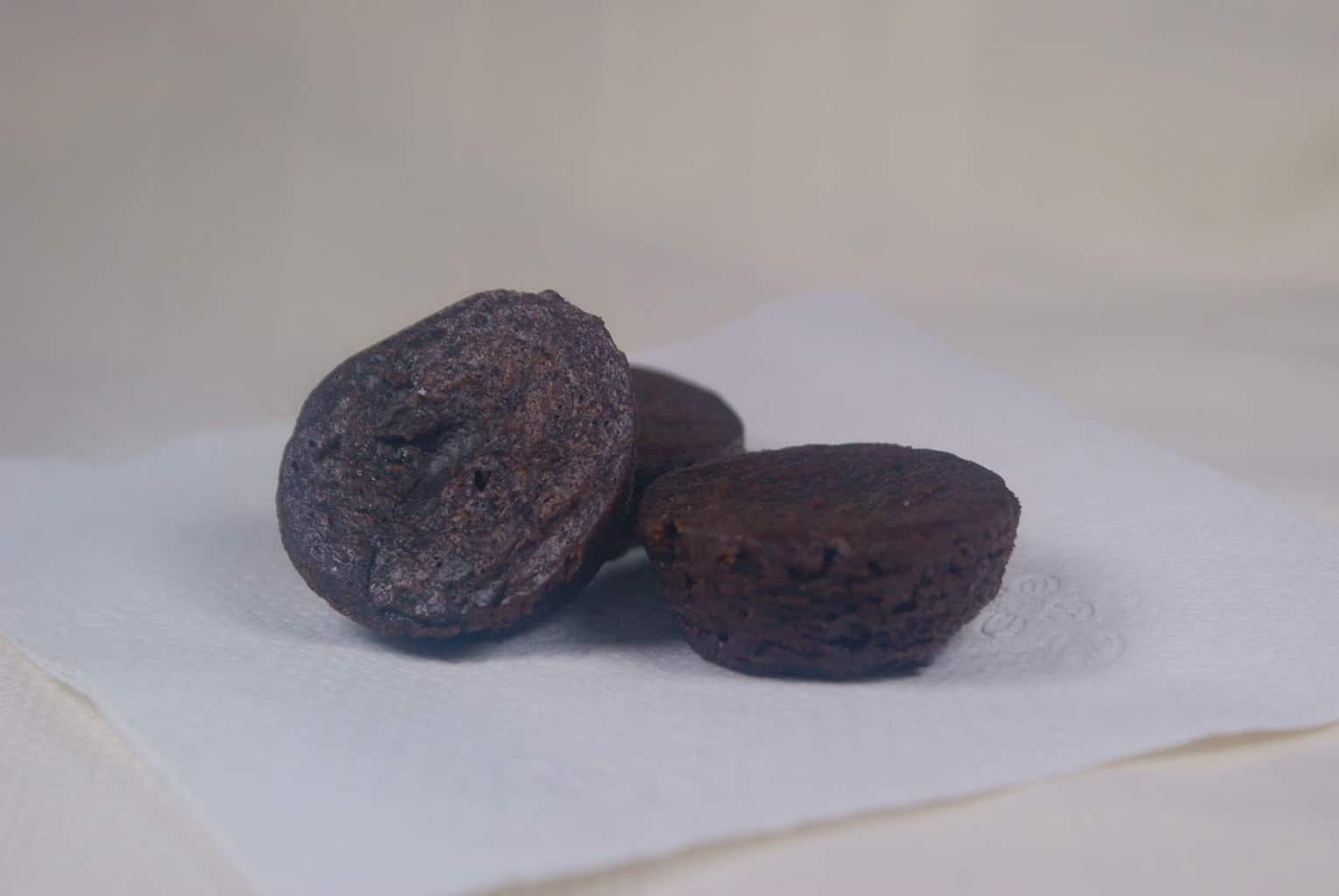
Shocks Docs: Higher DHT = healthier prostate
—-Important Message—-
Try this “length and girth” secret to a longer, thicker member
I’ve discovered this “length and girth” secret from an ancient Yurupari shaman living in a small Colombian village…

And it really works. It’s safer than stretching or jelqing, and it’s all-natural.
Here’s the length and girth secret to a longer, thicker member (free to you today)
———-
Raising DHT this way protects men from prostate cancer
DHT is a primary male hormone. It’s like a supercharged version of testosterone.
And like testosterone, DHT has been incorrectly blamed for prostate cancer.
It’s a shame — because many men are likely destroying their health with DHT-lowering substances — thinking they are lowering their prostate cancer risk.
Many lines of evidence show that DHT is not a cause of prostate problems — like this study which shows that men with higher DHT are much less likely to die from prostate cancer.

The human research was carried out at the Karolinska Institutet and Karolinska University Hospital, Stockholm, Sweden. The results were published in the journal Prostate.
DHT is what’s called an androgen.
Andro is a Greek word-forming element meaning male or masculine.
Androgens then are the hormones which make males masculine — hormones like testosterone and DHT. These hormones have been falsely blamed for prostate cancer.
“The androgen metabolism plays an important role in the progression of prostate cancer.”
But there are many different lines of research which show just the opposite.
In reality, it seems that androgens like DHT actually PROTECT against prostate cancer.
“Contradictory to what one might assume given the androgenic potency of DHT, there are indications that high DHT levels protect from prostate cancer.”
This study was designed to generate new evidence — to learn more about the role of DHT in prostate cancer risk.
Researchers at the Karolinska Institute decided to look at baseline DHT levels and the long-term risk of dying from prostate cancer.
“We wanted to determine whether there is a long-term association between baseline levels of DHT and death from prostate cancer.”
Over 1,700 men were randomly selected to take part in prostate cancer research which began back in the late 1980s. The men underwent a number of different tests, including one which recorded their initial levels of DHT in the blood.
The men were also screened for prostate cancer.
65 men were positive for prostate cancer at the outset. They formed group 1.
130 men without prostate cancer were randomly selected from the remaining participants. They made up group 2.
The researchers looked at death from prostate cancer in each group individually and altogether — both in relation to initial DHT levels.
“DHT were analyzed for all 65 men diagnosed in the trial and 130 controls from the same cohort without any signs of prostate cancer.”
The researchers tracked all of the men for 30 years.
They looked at the risk of death from prostate cancer according to baseline DHT levels in the different groups.
“We evaluated outcomes for the whole cohort (195 men), the men without clinical signs of prostate cancer (130 men) and men with screening detected cancer (65 men).”
In the entire group (both men WITH and men WITHOUT prostate cancer at the start of the study) — high DHT was associated with lower risk of death from prostate cancer.
Men with high DHT were 56% less likely to die from prostate cancer overall.
“High DHT levels were correlated with a lower risk of prostate cancer death in the entire cohort.”
High DHT was also associated with a lower risk of prostate cancer death in both groups.
High DHT seemed to reduce prostate cancer deaths by 75% in men with no signs of prostate cancer at the outset.
“Hazard ratio for the men enrolled in the study without any signs of prostate cancer was 0.25.”
That was over a 30 year follow-up period.
The question that remained then was whether men who already have prostate cancer then become (in some yet unexplained way) sensitive to DHT.
Does high DHT increase the risk of death in men who already have prostate cancer?
NO!
In men with prostate cancer, the risk of death over 30 years was halved if they had high DHT.
“For men with prostate cancer diagnosis at baseline, the hazard ratio was 0.5.”
Their risk of death was only 50% of that of men with low DHT.
So — yet another study finds that in reality androgens like DHT seem to lower the risk of prostate cancer.
“DHT is negatively associated with long-term prostate cancer death regardless of clinical presentation at time of inclusion.”
You should always consult a healthcare practitioner about treating and diagnosing health-related problems.
—-Important Message for Men Who Want Higher DHT—-
Pop one of these Booster Bites in your mouth to naturally boost testosterone + DHT

These bite-size snacks naturally raise healthy male androgens like testosterone, DHEA, and DHT in men.
And they’re made from all-natural ingredients that are cheap and easy to find.
They work by giving the Leydig cells all the nutrients they need to produce more healthy male androgens faster.
And the result is naturally higher testosterone, naturally higher DHT…
…and naturally stronger, longer-lasting erections with better prostate health.
Here’s how to get your hands on these Booster Bites for free today
———-
